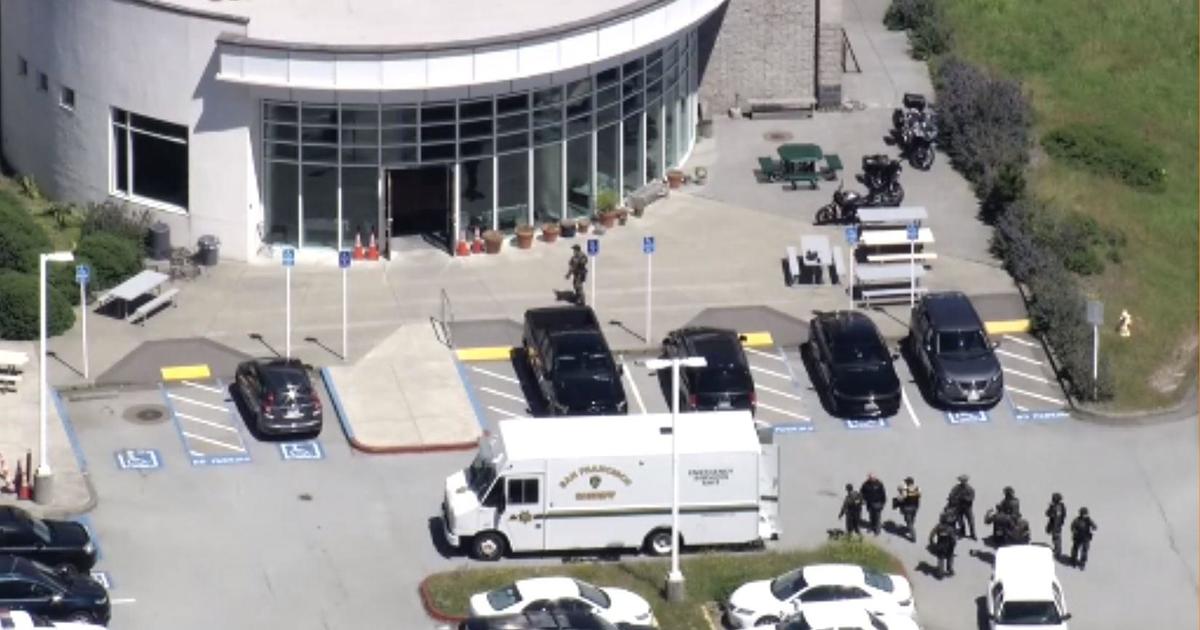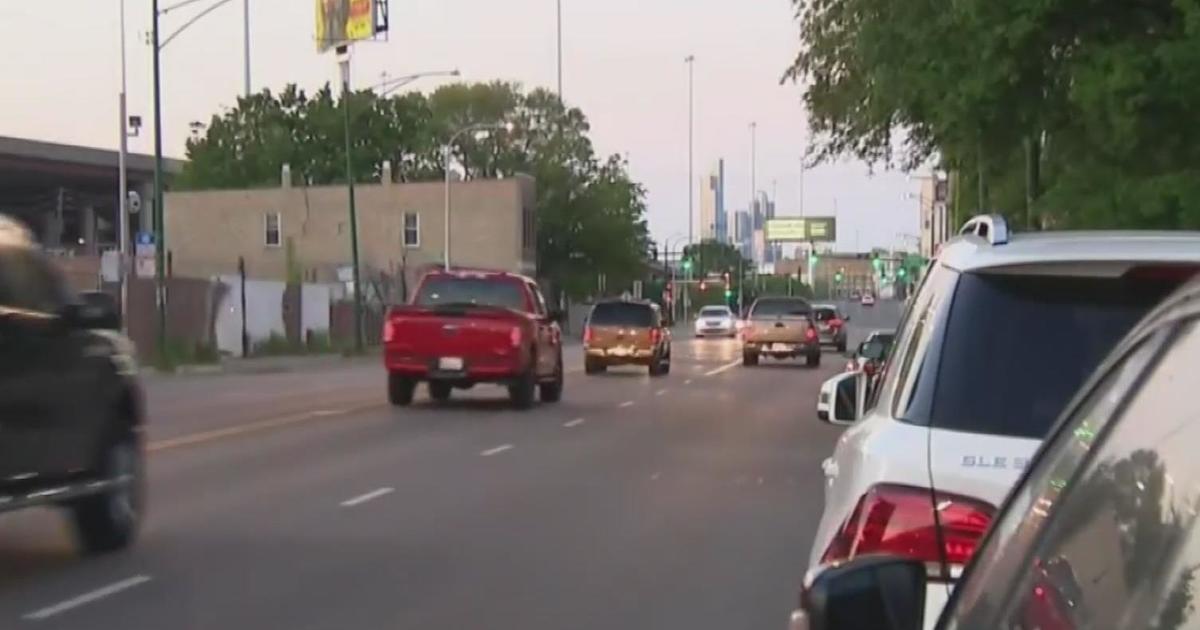San Francisco Police To Explore Taser Use Following Vote
SAN FRANCISCO (BCN) - The San Francisco Police Commission voted 6-1 Wednesday night to allow the Police Department to look into the use of Tasers by officers, nearly a year after shooting down a similar proposal.
The decision came after a lively six-hour debate regarding the electric stun guns, widely known by the brand name Tasers.
Last March, the commission voted 4-3 against a proposal by then-Police Chief George Gascon to study the use of Tasers by the department.
Three new members have been appointed to the commission since then, and interim Police Chief Jeff Godown, who took over as the city's top cop when Gascon was named district attorney last month, was hopeful that the commission's new makeup would result in a different approach to the Taser issue.
In the commission chambers, the Police Department reenacted a typical scenario that would require the use of a Taser, while other officers recounted dangerous incidents in which the devices could have helped take suspects into custody.
An opposing presentation, organized by Commissioner Angela Chan, had several experts outline the dangers of the less-than-lethal devices, which provide an electrical charge that they said can still cause serious injury or death and are frequently used unnecessarily.
Godown said the department would take a "thoughtful approach" to studying the use of Tasers and agreed to return to the commission to report its findings within 90 days.
Police Cmdr. David Mahoney, who led the police presentation in favor of the devices, said that Tasers "are not a replacement for a firearm," but are "simply another tool in the toolbox" that officers can use when confronted with dangerous situations.
San Francisco Sheriff Michael Hennessey said the sheriff's department has been using Tasers since 2002 and has "found them to be very effective."
Cristine Soto DeBerry, representing Mayor Ed Lee, said the mayor also supported allowing the Police Department to study the issue.
Many other speakers, though, warned about the danger of the devices, including attorney John Burris, who represented the family of Oscar Grant III, an unarmed man who was fatally shot at the Fruitvale BART station in Oakland in 2009.
Johannes Mehserle, the former officer who shot Grant, said he meant to reach for his Taser but grabbed his gun instead.
Burris, who specializes in cases involving the use of force by police, said at Wednesday's meeting that he has handled "a lot of Taser cases," and said that in his experience, the devices don't come into play in dangerous incidents.
In a threatening situation, "officers don't reach for a Taser," Burris said. "That officer shoots, period."
Dr. Zian Tseng, an assistant professor at the University of California at San Francisco, said Tasers pose "a definitive risk of lethal arrhythmia," or an abnormal heart rhythm.
Tseng recommended that if police use Tasers, a defibrillator should also be on hand to treat victims that suffer a medical emergency.
Allen Hopper, director of police practices for the American Civil Liberties Union of Northern California, showed video clips of alleged misuse of Tasers by law enforcement officials, saying "words don't convey the reality of some of the things that have happened."
Earlier this month, the commission adopted a plan to create a new crisis intervention team within the Police Department to handle situations involving the mentally ill.
Hopper said "it simply makes no sense to adopt Tasers before the CIT program is in place," since the mentally ill would likely be involved in many of the situations in which Tasers would be used.
Following the speeches by experts, an overflow crowd spoke during a public comment period, with an overwhelming majority opposing the proposal, many of whom questioned the possible cost of the program.
Some commissioners agreed with the Taser opponents, including Chan, who said "we need more independent studies" into the dangers of the devices.
Commissioner Petra DeJesus addressed the cost issue, saying "the budget is tight," and that adding more weapons rather than officers might not be the best use of department resources.
Commissioners also brought up the fact that Taser International is based in Scottsdale, Ariz., and said the city should not give money to the state that passed Senate Bill 1070, controversial legislation requiring law enforcement officials to inquire about the immigration status of people they contact.
In the end, at about 11:30 p.m., all commissioners except DeJesus voted to allow the department to look into the use of Tasers or another similar less-than-lethal device.
"We owe it to the officers and the public to give them another option," Commission President Thomas Mazzucco said.
Of course, by the end of the 90-day study period, there could be a new police chief.
The commission is interviewing candidates and hopes to submit up to three recommendations to the mayor by March 15.
(© 2011 CBS Broadcasting Inc. All Rights Reserved. This material may not be published, broadcast, rewritten, or redistributed. Bay City News contributed to this report.)



